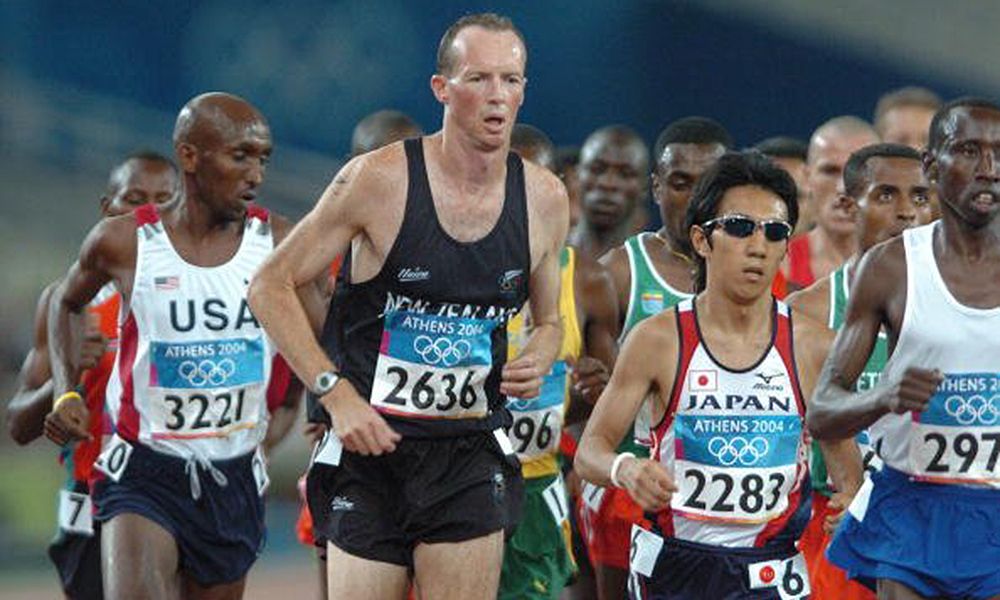What’s it like being an Olympian? How do runners as a whole keep getting faster? What does it take to PR? Director of MHRC’s 2016 Outdoor Program and Olympic runner John Henwood weighs in on the answers to all of these questions and more in our exclusive interview! Let’s hear the word from John.
When did you start running, and why?
- I joined a running club and started some sort of training around 14 years of age. The reason - I just loved the feeling of winning races at ages of 12-13 years and being good at something.
When did you first realize you were a gifted athlete?
- I think at about 19 years old. Strength training and increased mileage took me to another level when I was 19, where I could compete against the seniors and make the top 4-5 of a National race.
Like many Olympians, you're no stranger to injury. How have you been able to manage pain and keep running all these years?
- I wouldn't say that i'm injury free all the time and the last two years I've had knee issues off and on. I have a terrible foot pronation, so orthotics for me are the key to staying injury free. But then also through strength training twice per week and stretching every day.
In your opinion, what percentage of athletic success with running is earned through hard work as opposed to natural ability?
- I think it’s 50/50. You could have all the natural ability in the world, but if you don't know how to train smart, stay injury free or commit to the hard work that natural ability is not going to get you far.
Marathoners and milers alike are all getting faster. Can you explain why?
- There are many reasons we are generally getting faster through the years. One of the big reasons is that we train harder with a more scientific approach to training. There is also more money in sport, so more and more athletes are able to train full time and consider it their job. Also there's a constantly increasing participation from the africans in the longer distances events.
Switching gears: If you don't mind sharing, how does your client Mary Cain deal with the pressure of being a phenomenon at such a young age? Are you helping her with that?
- Staying away from the social media chat boards is one part of this. It's amazing how much rubbish is said on these boards from uninformed people with limited running knowledge.
- I'm a big part of relieving the pressure during the workouts. I explain the big picture of the workout and not always having to hit the times that she's been given. It's all about gradual progression, but not one every workout.
What's your best piece of advice for runners who want to PR in the half marathon distance?
- Build a good base of milage and strength training in the gym to become a stronger runner and then with the correct workouts of speed and tempos you'll become a faster runner.
Lastly, what's in the future for John Henwood as a runner? Do you have any plans to return to competition?
- I'm pretty busy with work right now and staying injury free in your 40's at a high level, requires a lot of body maintenance.
- If it happens, it happens. If it doesn't , it doesn't. That's the way I look at it.

